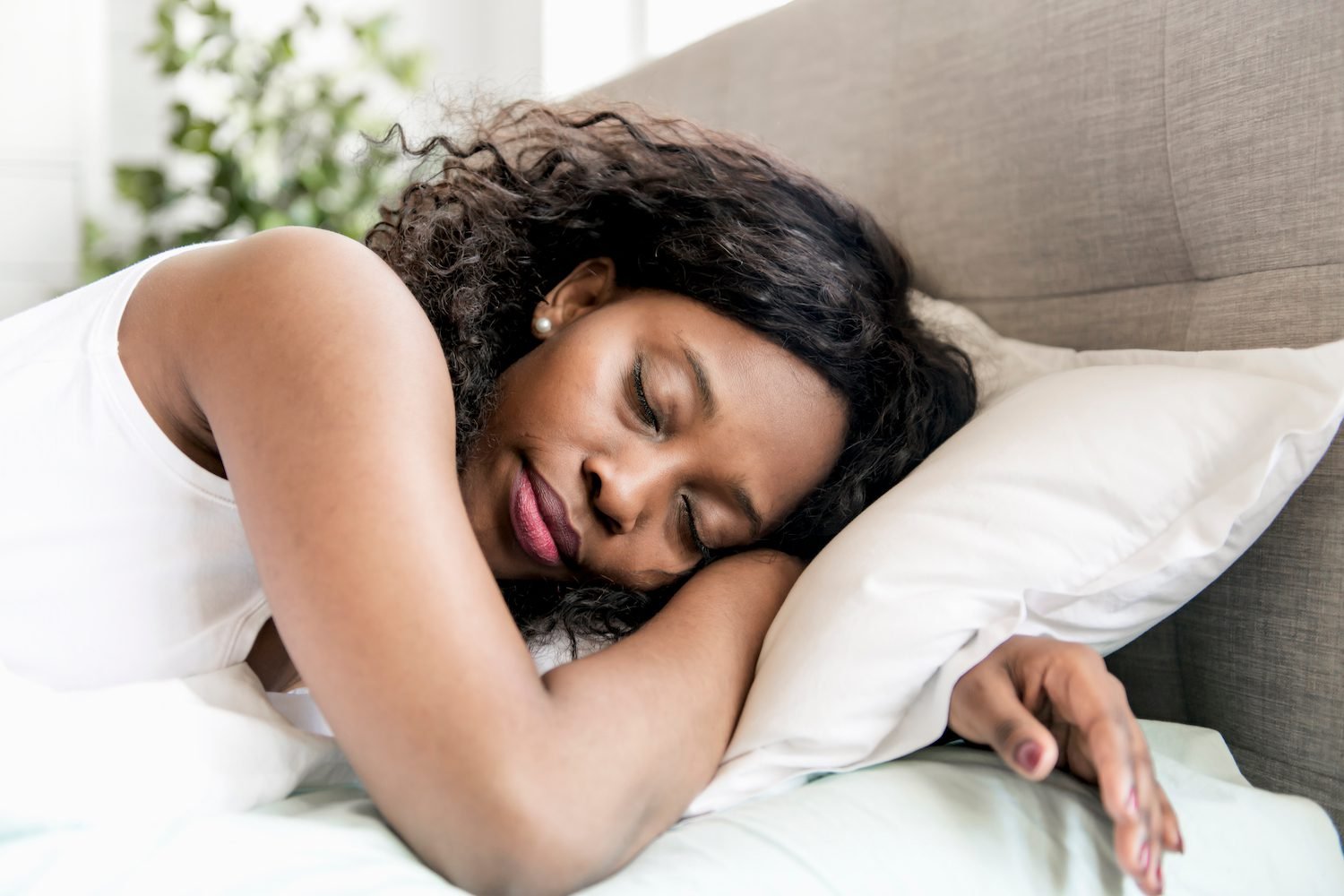The Importance of Sleep
/These days, Americans are sacrificing more and more sleep in the name of productivity. But can we function well while cutting down on shut eye? The science says no.
Apart from the obvious consequences like fatigue and decreased efficiency, there’s a price to pay for lack of quality rest. The cumulative effects can be detrimental. Growing evidence suggests that too little sleep at night is associated with adverse health outcomes including cardiovascular disease, Type 2 Diabetes, hormonal imbalances, inflammation, lowered immune responses, mental health disorders, and increased risk of early death. Outside of our physical bodies, sleep deprivation can cause increased stress, mood swings, anxiety, depression, and suicide.
In 2014, the CDC declared sleep deprivation a “public health epidemic” and linked it to a wide range of medical issues including obesity and cancer; and this year the American Heart Association added sleep duration to the heart health checklist.
Poor sleep is not a normal part of aging, nor is it a badge of honor signifying our productivity and dedication. Instead, it is unhealthy for our work, for our families, and ourselves. The National Sleep Foundation and the Center for Disease Control and Prevention (CDC) agree that adults need seven to nine hours of sleep on a regular basis. Although it may vary from person to person and change throughout a person’s life cycle, quantity is as important as quality.
Rest is one of the five basic needs for human beings to function properly. Food, water, shelter, clean air, and sleep. It impacts every fiber of our mental, physical, emotional, and spiritual existence. To live a healthier, happier life, we must get proper rest. We must make getting proper sleep a priority in our lives so we can feel our best, do our best, be our best, and give our best.
When it comes to getting a good night’s sleep just remember there are seven A’s to getting good ZZZs:
1. Attitude – You must believe it is important to get seven to nine hours of sleep each night and make it a priority and a promise.
2. Action - Set a bedtime and wake time that allows you to consistently get at least seven hours of slumber nightly, even on weekends. Establish a healthy wind-down routine one hour before bedtime, like taking a warm bath or reading.
3. Avoid – Turn off any bright lights, especially blue lights (from computers, laptops, LED TVs), at least one hour before bedtime. Avoid exercising within 2-3 hours before bedtime.
4. Atmosphere - Keep the bedroom cool (60-67 degrees), clutter-free, and comfortable. Splurge on nice sheets, the right mattress - firm enough to support your back but soft enough to fit your body shape. The right pillow should support your sleep position and keep your head from being too far forward or back.
5. Apparel - Wear pajamas with cotton fabric that fit loosely and are breathable. Invest in ear plugs or an eye mask if sharing a room.
6. Appetite - Avoid nicotine, caffeine, and alcohol four to six hours before bedtime. Alcohol might help with falling asleep, but can disrupt slumber, cause headache, night sweats, tossing and turning, or nightmares. Avoid meals high in fat four hours before bedtime. It can make you uncomfortable and disrupt sleep cycles. Also, avoid fluids after 8pm.
7. Alternatives – When all else fails, check out alternative solutions like cognitive behavior therapy, aromatherapy/essential oils like lavender, chamomile, or sage oil. Or try teas, and natural sleep aids such as melatonin, valerian root, ashwagandha, or lavender supplements. Hypnosis, sound therapy, and prescription medications may also help.
Dr. Joynita Nicholson is board certified in Family Medicine. A family care physician, she also has long experience in bariatric medicine, diabetes, hypertension, high cholesterol, metabolic dysfunction, and thyroid issues. She has practiced primary care in Richmond for almost 20 years, emphasizing whole-person healthcare for patients of all ages, ethnicities, and genders. Most recently she served as director of Bon Secours clinic specializing in weight loss.




